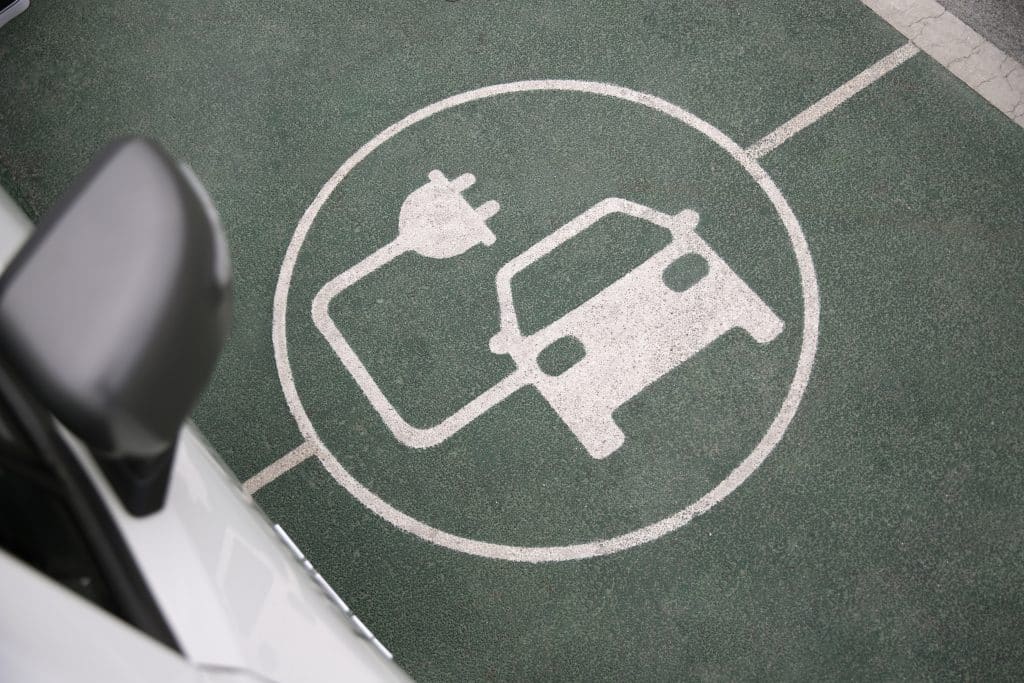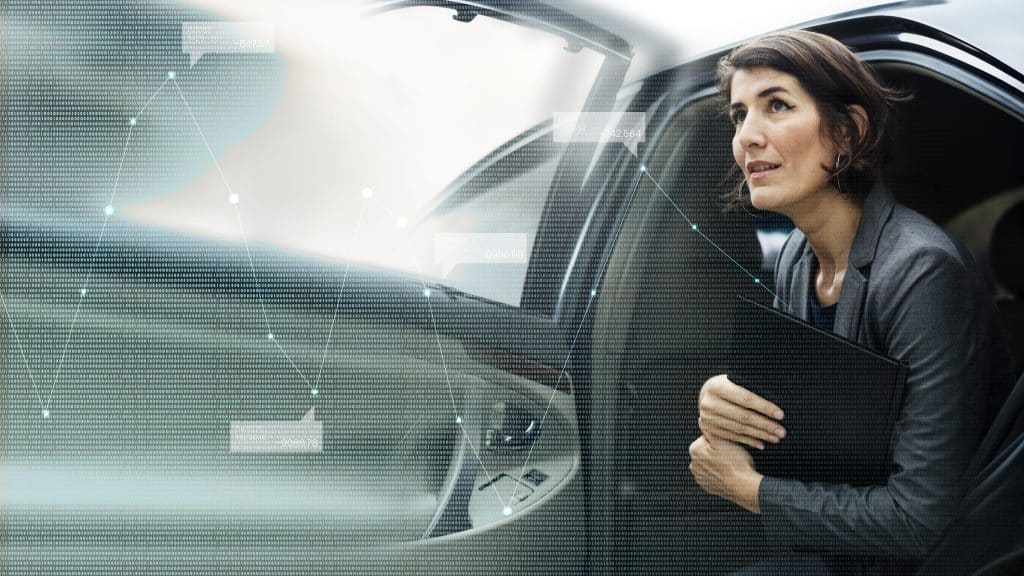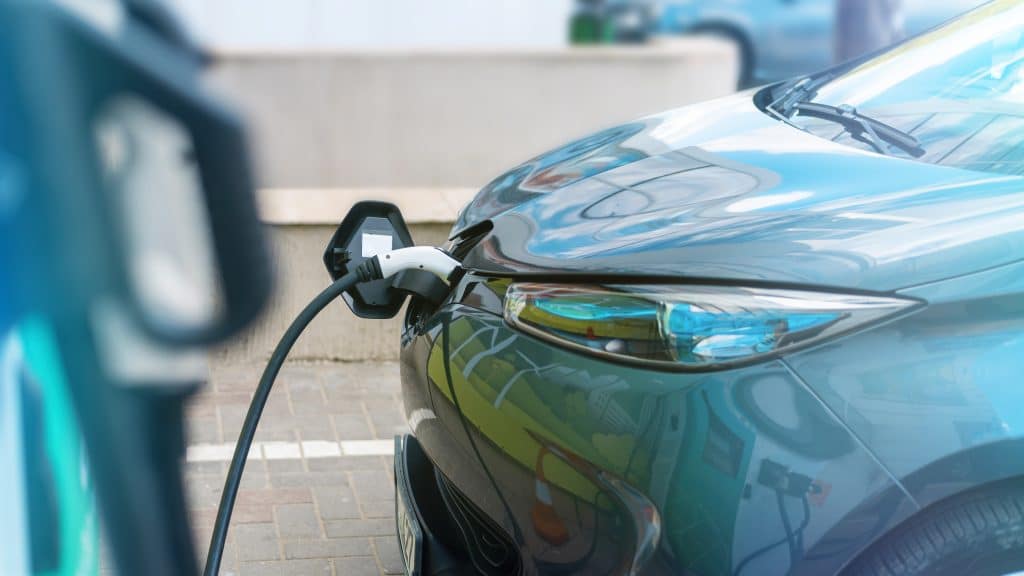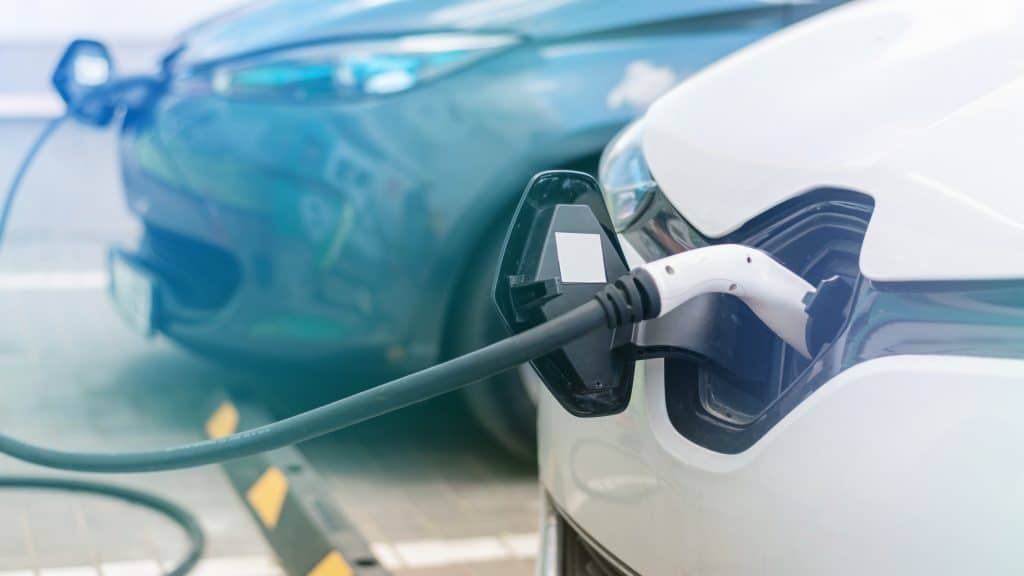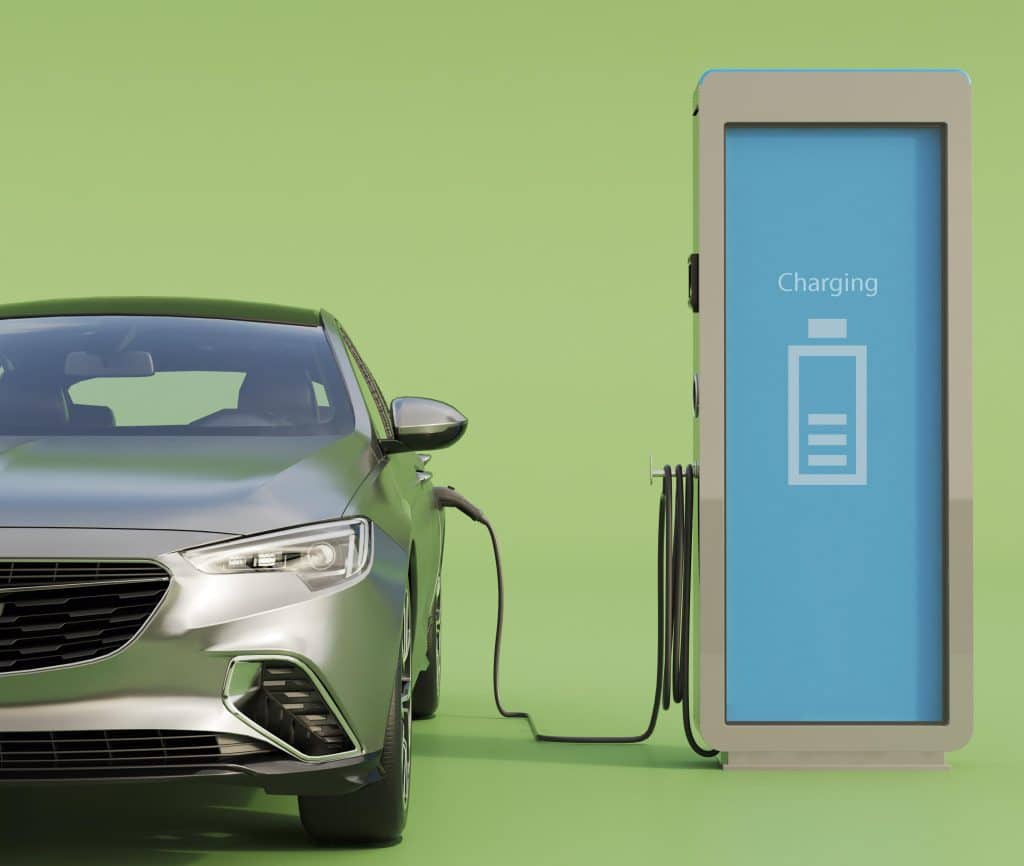How electric cars are transforming global mobility and contributing to a more sustainable future.
The growth of electric vehicles
The transition to electric vehicles (EVs) is not just a trend, but a necessity in the face of climate change and the growing demand for sustainable solutions. In recent years, the automotive industry has witnessed significant progress in the development and adoption of electric cars, thanks to technological innovations and government incentives.
Companies like Tesla, Nissan, Volkswagen, and BMW are leading this revolution, while new brands like Rivian and Lucid Motors are challenging the traditional market with futuristic designs and advanced technologies. But what is behind this movement?
Why are electric cars the future?
Electric vehicles offer several environmental, economic, and social benefits:
- Emission reduction: Unlike cars powered by fossil fuels, EVs do not emit carbon dioxide (CO₂) while driving, contributing to improved air quality.
- Energy efficiency: Electric motors convert about 85-90% of energy into motion, while combustion engines have an efficiency of only 20-30%.
- Lower maintenance cost: Electric vehicles have fewer moving parts, reducing the need for frequent maintenance.
- Sustainability: Combining electric cars with renewable energy sources, such as solar and wind, makes mobility more sustainable.
Additionally, governments around the world are implementing policies to encourage the purchase of EVs, including subsidies, tax exemptions, and investments in charging infrastructure.
Technology behind electric vehicles
Technological advancements are the main driver of the popularization of EVs. Some of the innovations include:
- Lithium-ion batteries: With higher energy density and reduced charging times, these batteries are the heart of electric cars.
- Fast charging: Fast charging stations allow for charging 80% of the battery in 30 minutes or less.
- IoT integration: Many EVs are connected to the Internet of Things (IoT), allowing for remote updates and real-time monitoring.
- Regenerative systems: Technologies like regenerative braking increase energy efficiency by reusing the energy generated during braking.
These innovations not only improve vehicle performance but also make them more accessible and convenient for consumers.
The challenges of electric vehicles
Despite the advancements, electric vehicles face some challenges:
- Charging infrastructure: The lack of charging stations in many countries limits large-scale adoption.
- Range: Although batteries are evolving, range is still a concern for long trips.
- Initial cost: Despite being cheaper to maintain, EVs still have higher initial prices compared to conventional vehicles.
- Battery production: The extraction of lithium and cobalt, used in batteries, raises environmental and social issues.
These challenges are being addressed with investments in infrastructure, research into new materials, and the development of more sustainable batteries, such as solid-state batteries.
The importance of renewable energy in the growth of electric cars
The connection between electric vehicles and renewable energy is fundamental to maximizing the environmental benefits of these cars. Charging an electric vehicle using renewable sources, such as solar, wind, or hydroelectric power, further reduces carbon emissions and contributes to truly sustainable mobility.
Governments and companies have been investing massively in the expansion of these energy sources. It is estimated that by 2030, a large portion of charging stations will be powered by renewable energy, ensuring that electric vehicles not only avoid direct emissions but also contribute to a clean energy chain.
Furthermore, innovative projects, such as bidirectional charging systems (V2G – Vehicle-to-Grid), allow vehicles to return energy to the power grid during peak periods. This transforms EVs into true “mobile power banks,” helping to balance demand and reduce energy waste.
Economic impacts of electric mobility
The advancement of electric vehicles is also generating profound economic changes. The automotive sector, for example, is being forced to reinvent itself. Traditional automakers are transitioning to electric production, while new players are entering the market, creating jobs and opportunities in areas like technology, manufacturing, and infrastructure.
Additionally, the electrification of public transport fleets in several cities is helping to save billions of dollars in fossil fuels and public health costs. A recent study showed that cities investing in electric mobility see significant reductions in respiratory disease rates, a saving that benefits governments and citizens.
Consumers are also noticing the positive financial impact. Despite the higher initial cost, the long-term savings on maintenance and fuel make electric cars a smart choice.
The role of consumers in the adoption of electric cars
The consumer plays an essential role in the success of electric mobility. Awareness of the benefits of EVs and pressure for public policies that encourage their adoption are decisive factors.
Education campaigns and private initiatives have helped to debunk myths about electric vehicles, such as concerns about range and charging. As more people try and recommend EVs, acceptance grows, driving a cultural shift that favors sustainability.
Thus, electric vehicles not only represent the future of mobility but also reflect the commitment of individuals and societies to a healthier and more balanced planet.
Impact of electric vehicles on the automotive market
The rise of electric cars is transforming the automotive industry in several ways:
- Increasing competition: New companies are entering the market, increasing competition and accelerating innovation.
- Supply chain transformation: The demand for batteries is creating new challenges and opportunities for suppliers of materials like lithium and nickel.
- Change in consumer mindset: Buyers are more aware of environmental impacts, which drives the demand for EVs.
- Revolution at gas stations: Many stations are adapting to include electric charging stations, marking the beginning of a new era in mobility.
A new era of mobility
Electric vehicles are much more than a passing trend; they are the future of mobility. With continuous technological advancements, government incentives, and greater environmental awareness, the EV market is consolidating as an essential pillar for global sustainability.

